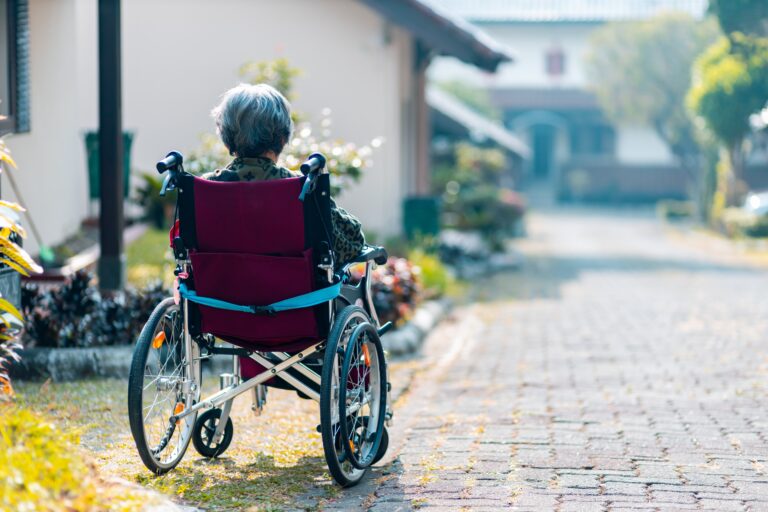Page Contents
Dementia is a generic term that is used to describe a range of symptoms associated with cognitive and behavioural impairment. Cognitive includes thinking, remembering, and reasoning. The symptoms include memory loss, language impairment, visual perception, poor problem solving, difficulty in acquiring new information, poor judgement, poor reasoning, inability to self-manage, inability to focus and pay attention.

Some demented people cannot control their emotions, and some may encounter personality or behavioural change. Dementia could affect your social life and relationships with family.
Trends & Statistics
There are about 50 million people having dementia worldwide. By 2030, this figure may reach 78 million, that works out to be a 4% increase annually. Statistically, this condition is more prominent in adults above the age of 65, however, the trend is shifting toward the younger adults. Early onset can manifest as early as 40s, these cohorts may suffer greater impacts on financial, social and family as they struggle with self-esteem, emotion, behavioural and lifestyle changes.
Assessment and Diagnosis
3 common methods of assessment:
• Medical history
• Physical exam
• Neurological tests
Other medical professionals may also use cognitive and neuropsychological tests, laboratory tests, brain scans, psychiatric evaluation, and genetic tests, depending on the severity and availability of technologies at the facility.
Over the years, there are many variations of quality of life (QoL) assessment tools being introduced to measure the implication of dementia on QoL, such as Dementia Quality of Life (DQoL), Quality of Life-Alzheimer’s Disease (QOL-AD), Dementia Care Mapping (DCM), Geriatric Quality of Life-Dementia (GQOL-D). To date, there is no single best tool in the sector. The application is often depending on the competency of the specialist and stages of dementia.
Even though there is no cure available for Alzheimer’s and other common dementias, early diagnosis can help you and your family make plans for the future.
2 Categories of dementia
Common types
- Alzheimer’s disease
- Dementia with Lewy Bodies
- Frontotemporal Dementia
- Vascular Dementia
Rare types
- Creutzfeldt-Jakob Disease (CJD)
- Huntington’s Disease
- Multiple Sclerosis (MS)
- Normal Pressure Hydrocephalus (NPH)
- Posterior Cortical Atrophy (PCA)
- Niemann-Pick Disease Type C
- Corticobasal Degeneration (CBD)
- HIV-Associated Neurocognitive Disorder (HAND)
- Progressive Supranuclear Palsy (PSP)
- Parkinson’s Disease Dementia (PDD)
4 Stages of dementia
Stage 1: Mild Cognitive Impairment (MCI)- Losing things sometimes, mild forgetfulness, having trouble coming up with words.
- Still be able to function independently.
- Memory loss of recent events, getting lost or misplacing objects, personality changes, difficulty with problem-solving and complex tasks, such as managing finances, trouble organising or expressing thoughts.
- Need assistance in performing regular daily activities and self-care.
- Increasing confusion, poor judgment, greater memory loss, significant personality, emotion and behaviour changes, changes in sleep patterns.
- Further mental decline and deterioration of physical capabilities.
- Need full time assistance with Activities of Daily Living (ADLs).
- Loss of the ability to communicate, loss of physical capabilities (walking, sitting, holding head up, swallowing, controlling bladder and bowel functions), increased susceptibility to infections, such as pneumonia.
